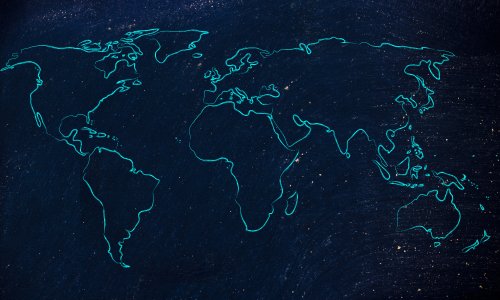Divergent Perspectives of the Democratic BRICS

Photo: faithie/Adobe Stock
Available Downloads
Part of the Global Forecast 2015
The BRICS grouping has emerged over the last year as one of the most significant gatherings of economic power in the world. No longer just a talk shop, the most recent summit in Brazil saw the creation of the BRICS Bank, the first concrete institution formalizing future cooperation. The success of the grouping has been surprising. The BRICS members have fundamentally different economies, politics, and, presumably, reasons for wanting to be associated with the BRICS framework. Arguably, the three democracies in the group--Brazil, India, and South Africa--share more with the West in terms of political systems and values than they do with China and Russia. In the interview that follows, CSIS experts tease out the reasons why the BRICS framework has been so successful in those three countries. Carl Meacham, director of the Americas program talks about Brazil’s approach; Jennifer Cooke, director of the Africa program, addresses South Africa’s role; and Rick Rossow, director of the India program, explains what the BRICS has meant to India in the past, and how that might change under a new government.

